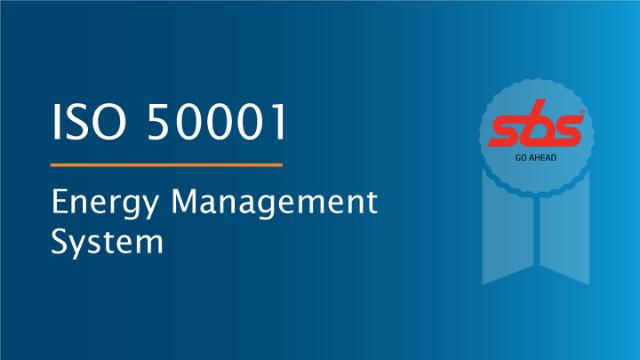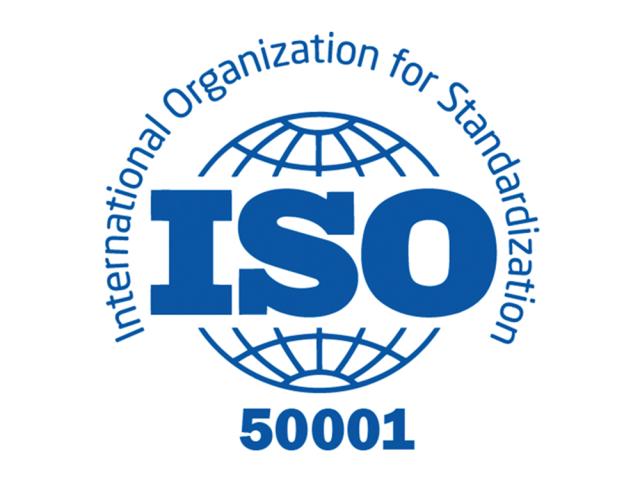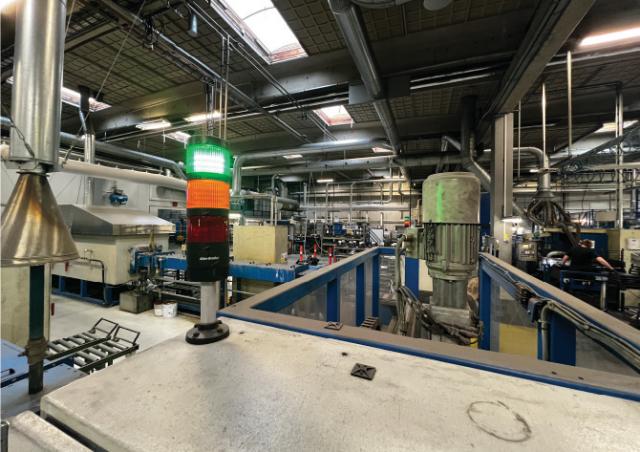
SBS obtains ISO 50001 Energy Management Certification
Press Release
SVENDBOR, DENMARK - SBS Friction, the leading brake manufacturer for motorcycles, scooters, and side-by-side vehicles, progresses its path towards becoming the first fossil-free production plant in the motorcycle industry. Progression is achieved with the achievement of ISO 50001 certification of its energy management system.
The certification was granted after a comprehensive audit of the company’s energy management system in all aspects of the company’s operations, which complies with the industry best practice according to the ISO 50001:2018 standard.

This achievement is nonetheless a significant sign of the fact that SBS is turning energy into inspiration and becoming the solutions provider we strategize for. Following a progressive sustainability plan, we aim to be at the forefront of innovation when it comes to optimizing the way we work, the products we offer, and the impact we make, at a greater scale.

The SBS energy management system is comprised of several energy-efficient initiatives, including the installation of a new cooling system that can reuse the excess heat from the production ovens to heat the building and the transition from gas to electricity utility usage in production – initiatives that have been appointed several sustainability awards already.
The achievement is only made possible through the intracompany collaboration and hard work of all departments at SBS, and it is with pride we achieve the certification. The ISO 50001 energy management certification will be compatible and harmonized with our ISO14001 and ISO 9001 certifications, benefiting the workflows we have throughout.
SBS is continuously seeking optimization solutions, especially since the company as an industry-first introduced the SBS Better Brakes transition. This important achievement enables SBS an improved ability to monitor and manage its energy consumption, not only for the environmental benefit but also for the benefit of the company’s operational cost.
###








